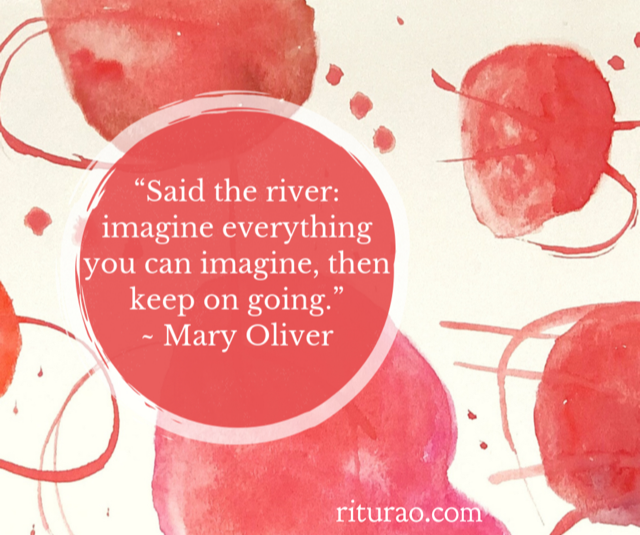
Years ago, there was a time when I wished I could add numbers in my head or was better about writing letters to keep in touch with my friends.
Technology today has made my wish a reality; speedy math and email are just a smart phone away.
The skills we seek these days are somewhat different than just a decade ago.
There are many I’d love to add to my repertoire. Like reducing my junk mail (a top secret, no doubt, housed in an underground fortress and guarded 24/7), minimizing distractions, or turning down french fries.
As you can tell, I’m ambitious.
Turning down fries is ninja-level, and not for the weak of heart. One of life’s ultimate challenges.
But I’m most fascinated by the skills one needs to deal with our internal, human struggles. First, because this isn’t something technology can do (yet?), and second, it’s this stuff that trips me up the most.
And the older I get, the more important these become.
Here are three skills—and don’t you dare call them “soft”, because these are your arsenal for hard times—that can benefit us when life happens:
1. Self-reinforcement
While reinforcement comes from your spouse, friend or a teacher, self-reinforcement is when you do it for yourself.
Author Steven Pressfield calls this skill essential for artists. But I think it’s useful for anyone dealing with life’s challenges, is in the trenches, and most particularly, has to dig deep and persevere because it might be a long while before things get better, or you see the results of the work you’re putting in.
It is self-validation for times when no one is around to cheer you on, having faith in yourself, and moving forward without reward or recognition when the road is long. Again and again and again.
Improving on this skill alone can make a life-changing difference and build resilience, if not for the simple reason that it asks you to come to terms with your self.
On second thought, this might beat out turning down fries.
2. Hold it lightly (better than “let it go”)
Letting go—of the past, of your worries, of the need to control—is a tall order, no matter how you slice and serve it to our human brain.
If this sounds like wisdom you should practice but haven’t had much success, Susan David, Ph.D., psychologist and author of Emotional Agility, offers an alternative: hold it lightly.
Meaning, if letting go causes anxiety or brings up resistance, stepping back and creating some distance (thus holding it lightly) can help you get unhooked and unstuck, using techniques like mindfulness and self-observation without judgement.
Noticing our emotions without being swept away with them, and then acting in a way that serves us is a key element of emotional agility.
3. Change the bell you ring
We’re told time and again that we shouldn’t compare ourselves to others. But . . . it’s hard.
Turns out, there’s a reason why: our brains are wired for it. It’s not us, it’s nature.
Annie Duke, author of Thinking in Bets, says the challenge is not to change the way our brains operate but to figure out how to work within the limitations of the brains we already have.
So while we can’t stop comparing, we can change the way we compare. This is important because a lot of the way we feel about ourselves comes from how we think we compare with others.
We can do this by reshaping our habit, or changing the bell we ring.
Instead of feeling better about ourselves by finding fault in others, we can get our feel-good reward by being a good learner (by admitting our own mistake), being a good credit-giver, or keeping our cool in a tense situation.
The core lesson and beginning point of all this is to simply accept life as is, then proceed with kindness and love for yourself.
In the words of Mary Oliver:
Said the river: imagine everything you can imagine, then keep on going.
Leave a Reply